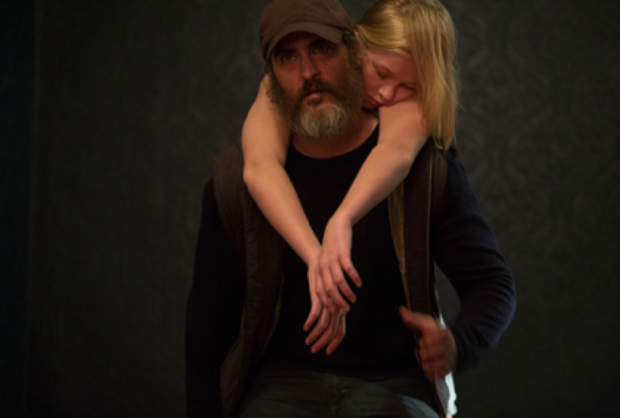I feel very conflicted writing about the Cannes Film Festival. It would be easy if I wrote reviews and I could just talk about the movies — whether I like them or not, and whether they suck or not. But I don’t do that kind of writing. When I write reviews it is all emotional. I never formally studied film, and I suspect that not having that kind of background affects both how I watch films and how I write about them.
I know there are many film journalists untrained in film criticism, but they write a lot, and your writing muscle is something you need to constantly flex or else it atrophies. So I give it up to people who review movies, especially here and now, because the pace is grueling.
My job is to talk about sexism in the film business and to also work with as many folks as I can to educate, advocate, and agitate for gender equality in Hollywood and the global film industry.
Cannes is really the mecca of the film business. It represents the best and the worst. You see some great movies — and are immersed in audiences who passionately care about cinema. But you also see women being stopped by photographers on the Croisette to take their picture over and over. You see women posing all over the place and all of the time. You see shitty attitudes about what women wear and what it says about their value as human beings. It’s bizarre.
Cannes has been called out by many people for their lack of attention to female directors. They have responded in a variety of ways, mostly defensively, saying that they don’t make the movies — or submit them for consideration — and so the lack of women directors is not their fault. They are not completely wrong. But the issue about this place, and being in France, and being in a place that has so much money, is that it is very hard to get people to take women’s work seriously when everything around screams that women are not taken seriously.
Cannes is like one micro aggression after another so that by the end of the day, you feel exhausted to just get through it. Yes, I do pay more attention to everything and I am particularly sensitive to this as it is my work, but sometimes it is really tough to be positive here.
The festival started on the 17th. We won’t see our first film directed by a woman in the main competition until tomorrow, the 23rd. All three women-directed films are screening in the second half of the festival, and Lynne Ramsay’s film, “You Were Never Really Here,” will premiere on the last day of the fest, which is when Roman Polanski’s latest movie is screening. Need I say more?
Listen, I’m writing this sitting on the French Rivera. I know my privilege. I feel incredibly fortunate to be here. But this festival is the pinnacle of the business and yet every time they get called out about gender issues there are excuses. They could lead. They could change things. But that’s not the agenda here. I don’t think any of the interventions they have created do anything to solve the systemic problems, and everyone knows it. You can’t put a new coat of paint on a rotting house and expect the structure not to crumble.
This festival, while very fun and exciting and a place to see great work by men and women, is always a big, urgent reminder of a business that is still in its infancy in the endeavor of integrating women into the highest levels.







